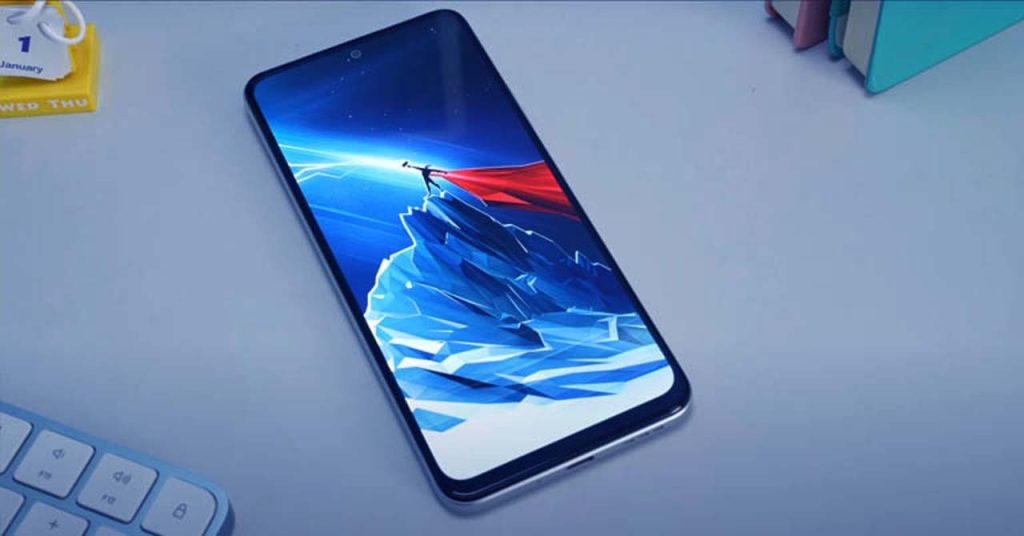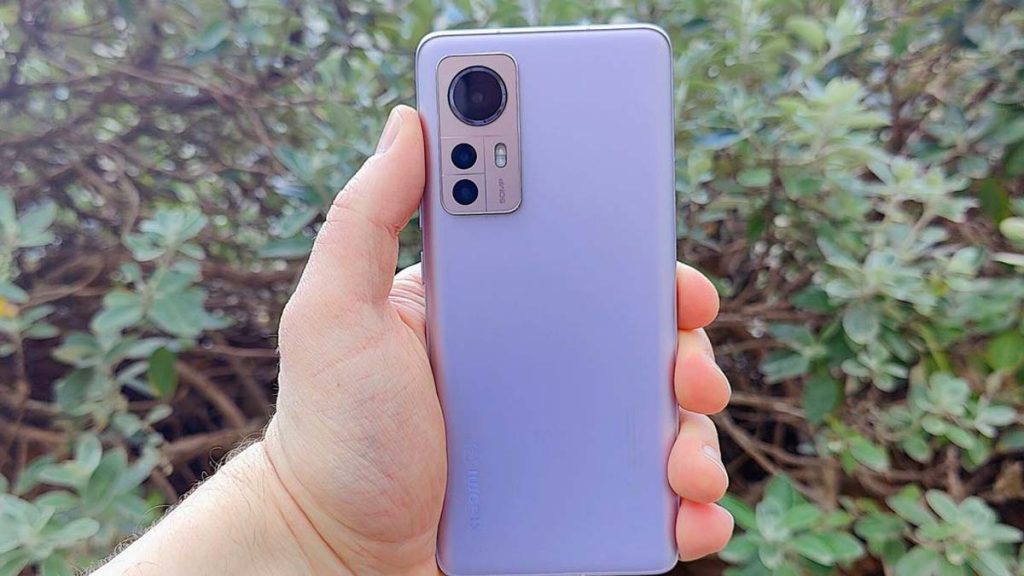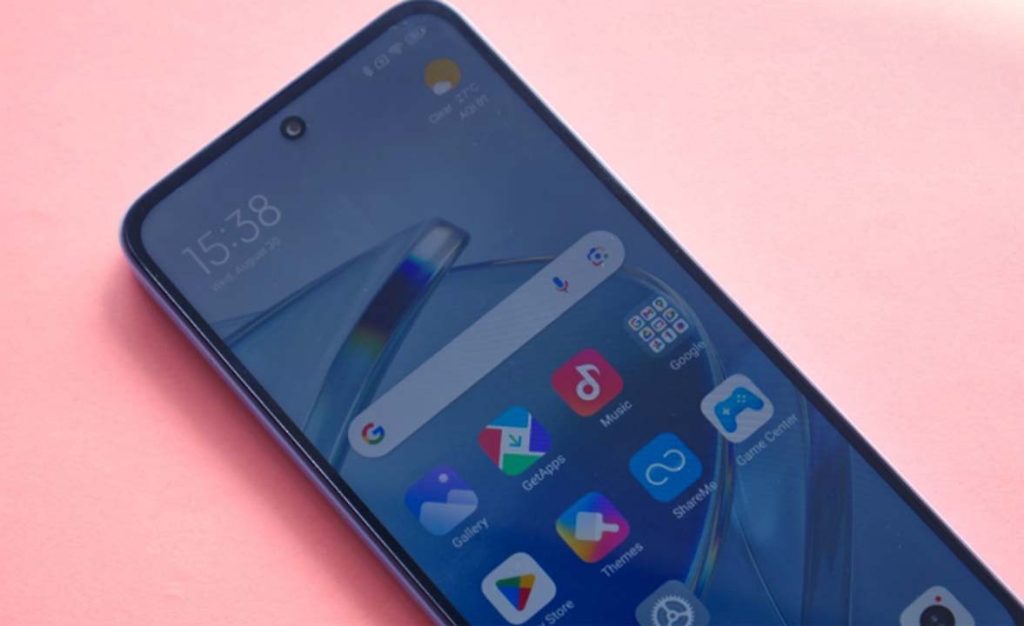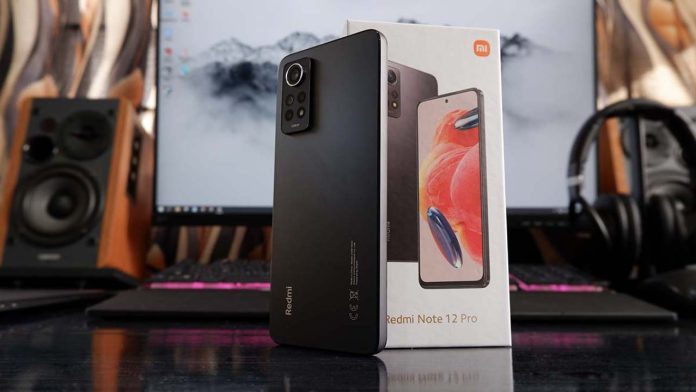The Xiaomi 12 is a stylish flagship phone that is a little rough on the edges. While its small size, beautiful design, and fast charging make it a contender in the major leagues, its cameras, display, and software experience are only ‘good’. Given the exorbitant price of this flagship phone, we expected more.
The Redmi 12 is an intriguing new product, but it is hampered by its ability to outperform its predecessor. If you’re coming from the Xiaomi Redmi 10, there’s no compelling reason to upgrade. However, if you’re coming from a cheaper variation, this is a clear upgrade without feeling terrible about the price that Xiaomi charges.
XIAOMI REDMI 12 KEY FEATURES
Even while the Redmi sub-brand is now mostly focused on mid-range devices, it has not abandoned its entry-level lineups, such as the numbered Redmi series. The Redmi 12 is Xiaomi’s most cheap phone this year, succeeding the Redmi 10 in 2021. That’s because there was no Redmi 11 last year for whatever reason, most likely due to dwindling smartphone sales and excess inventory.
Fast forward to 2023, and we have a fresh new Redmi 12. Or, do we? A cursory look at the specs sheet reveals surprisingly identical features to the 2021 model, with only a few differences. Let’s investigate!
The new Redmi 12 has a larger 6.79-inch screen, making it one of the largest in its class, while storage is increased to 128GB on the base model. That is twice as expensive as the Redmi 10. Furthermore, the Redmi 12 is IP53 certified for dust and splash resistance, replaces the plastic back panel with a glass one, and features a cleaner overall design.
But, before you claim there are too few improvements for two years of development, consider the Redmi 12’s secret weapon. Despite the quadrupled capacity, the new phone starts at around €150, whereas the Redmi 10 cost €200 at launch. We suspect inflation surpassed the low-end Redmis.
However, it is not simply about outperforming the predecessor in terms of value for money, as there are other phones available for less than €200. Can the Readmi 12 beat those? We’re not about to find out!
Pros
- Premium glass back
- Good primary camera in daylight
- Impressive performance
Cons
- Portrait mode needs improvement
- Fast charging could have been better
- Bloatware
XIAOMI REDMI 12 UNBOXING
The handset is packaged in a tiny retail box with the standard user instructions and a USB-C to USB-A connection for charging and data transfer. There is no charger included in the box, so you must purchase one separately if you do not already own one. The phone can handle up to 18W via Power Delivery, which is useful to bear in mind while selecting a charger.

Xiaomi did not skip the transparent silicone case, so the retail package is still more complete than that of the iPhone 14 Pro or the Galaxy S23.
CAMERA
The Redmi 12 5G rear camera features a 50MP main sensor and a 2MP depth sensor. By default, the primary sensor produces 12.5MP photos that are pleasing to the eye in the daytime. The camera’s exposure is well-balanced, the colors are brilliant and punchy, and the dynamic range is enough for catching details in both bright and dark environments. The details are also pretty sharp.

Furthermore, the phone includes a specialized mode for capturing photographs at its full 50MP quality. While the overall quality appears to be similar to that of a standard photo with a minor boost in sharpness, it adds a faint graininess to the photographs and gives the colors a warm tone. Similarly, the portrait mode fails to separate the backdrop and foreground, resulting in obvious warping of the subjects.
The cameras’ low-light performance is satisfactory with the night mode activated. Otherwise, without the night mode, you may get fuzzy images with light blazing across the frame. The Redmi 12 5G front camera has an 8MP resolution, which is enough even in bright sunlight. The photos have minor inconsistencies in skin tones, and the face detail appears too smooth. Nonetheless, the phone includes several camera filters for users to experiment with and improve their shooting experience.
DESIGN AND SCREEN
The design of the Redmi 12 5G does not give the impression of being low-cost. The phone’s glass back and smooth edges with a metallic paint finish provide a comfortable in-hand feel. There is no distinct camera module on the back; instead, the smartphone features three independent rings, giving it a clean and simple appearance. While the phone seems a little large, its curved corners and 8.17mm thin design make for a comfortable and ergonomic grasp. The handset is also IP53 rated, which means it is water and dust-resistant.
The device includes a side-mounted fingerprint scanner that is elegantly built into the power button on the right spine, next to the easily accessible volume buttons. The speaker grille and the USB Type-C port are both placed on the bottom edge. The top edge features a 3.5mm headphone connector and an IR blaster, which are popular among fans.

The Redmi 12 5G’s front panel features a 6.71-inch display with a centered punch-hole for the selfie camera and a screen-to-body ratio of 91%. The display is an LCD with FHD+ resolution, 550 nits of brightness, with a refresh rate of 90Hz. The handset includes visible bezels and a large chin, which is common on low-cost smartphones. Regarding the watching experience, it is reasonable for the price.
The colors are vibrant and bright in their basic settings, and outdoor legibility is comparable to other smartphones in the market. The text is legible even in direct sunlight.
Moving on, the viewing angles are adequate, if not remarkable, and the 90Hz refresh rate appears to have been carefully optimized for the UI and supporting apps. The device is Widevine L1 certified, allowing you to stream FHD material from Netflix and other OTT services.
HOW’S THE PERFORMANCE?
On the plus side, the biggest noticeable improvement I’ve discovered on the Redmi Side 12 is in terms of performance. It is powered by the latest Snapdragon 4 Gen 1 CPU, which significantly outperforms the Snapdragon 680 on the Redmi Note 11. So far, my phone usage has been fluid. Apps open quickly, and I’ve had no problems with memory management either. Similarly, the improved performance of the SoC means that the Note 12 can handle light to medium games with ease.
For example, Apex Legends performs optimally at Normal visuals and Very High settings, where the gameplay is incredibly steady. In the case of PUBG Mobile, the game maxes out at HD graphics and a high frame rate, but I found the gameplay to be stuttery. So, for the best experience, I’d recommend setting it to Smooth graphics and a high frame rate.
Likewise, the phone’s thermal performance is rather commendable. Even after hours of playing graphics-intensive games like PUBG Mobile or Apex Legends, I didn’t notice the phone growing too warm. To further test the sustained performance of the Snapdragon 4 Gen 1 chip, I ran a CPU throttling test for up to 30 minutes, and the phone never throttled below 95%, even once. Great!
Furthermore, software-related I believe the Chinese version of MIUI has superior smoothness and animations than the global MIUI ROM. To be honest, it’s been quite the experience. However, the global version lacks the same level of reliability. So here’s hoping Xiaomi changes things around this time.
Buy it if...
- Good build quality and a clean design, with an IP53 rating.
- One of the largest displays in this price range.
- During the day, we have dependable main and ultrawide cameras.
- Good battery life.
- MIUI 14 is feature-rich, with 128GB of basic storage.
Don't buy it if…
- Poor low-light camera performance.
- No stereo speakers (the Redmi 10 has them).
- Phones with higher chipsets are available at the same price.
- There are no ambient light or hardware proximity sensors.
FULL SPECIFICATION
Network | Technology | GSM / HSPA / LTE |
Launch | Announced | 2023, June 15 |
Status | Available. Released 2023, June 15 | |
Body | Dimensions | 168.6 x 76.3 x 8.2 mm (6.64 x 3.00 x 0.32 in) |
Weight | 198.5 g (7.02 oz) | |
Build | Glass front, plastic frame, glass back | |
SIM | Hybrid Dual SIM (Nano-SIM, dual stand-by) | |
IP53, dust and splash resistant | ||
Display | Type | IPS LCD, 90Hz, 550 nits (peak) |
Size | 6.79 inches, 109.5 cm2 (~85.1% screen-to-body ratio) | |
Resolution | 1080 x 2460 pixels (~396 ppi density) | |
Platform | OS | Android 13, upgradable to Android 14, HyperOS |
Chipset | Mediatek MT6769H Helio G88 (12 nm) | |
CPU | Octa-core (2×2.0 GHz Cortex-A75 & 6×1.8 GHz Cortex-A55) | |
GPU | Mali-G52 MC2 | |
Memory | Card slot | microSDXC (uses shared SIM slot) |
Internal | 128GB 2GB RAM, 128GB 4GB RAM, 128GB 6GB RAM, 128GB 8GB RAM, 256GB 8GB RAM | |
eMMC 5.1 | ||
Main Camera | Triple | 50 MP, f/1.8, (wide), PDAF 8 MP, f/2.2, 120˚ (ultrawide) 2 MP, f/2.4, (macro) |
Features | LED flash, HDR | |
Video | 1080p@30fps | |
Selfie camera | Single | 8 MP, f/2.1, (wide) |
Video | 1080p@30fps | |
Sound | Loudspeaker | Yes |
3.5mm jack | Yes | |
Comms | WLAN | Wi-Fi 802.11 a/b/g/n/ac, dual-band |
Bluetooth | 5.3, A2DP, LE | |
Positioning | GPS, GLONASS, BDS, GALILEO | |
NFC | Yes (market/region dependent) | |
Infrared port | Yes | |
Radio | FM radio | |
USB | USB Type-C | |
Features | Sensors | Fingerprint (side-mounted), accelerometer, compass |
Battery | Type | Li-Po 5000 mAh, non-removable |
Charging | 18W wired, PD | |
Misc | Colors | Midnight Black, Sky Blue, Polar Silver, Moonstone Silver |
Models | 23053RN02A, 23053RN02Y, 23053RN02I, 23053RN02L, 23077RABDC |


